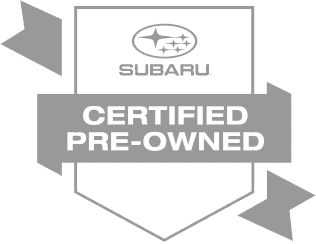

People don’t always consider the hazards that can come from summer driving. After all, the things that make driving dangerous happen in the winter, right? Frozen roads, heavy snows, and all of that. While you're safe from icy freeways during the hot summer months, summer presents a number of other hazards for drivers, and the fact that you might not be expecting these hazards can make them even more dangerous.
- Warm weather means more people are getting outside. Watch out for runners and cyclists on the road.
- Sitting in a hot car is almost like sitting in a green house. Carry water and apply sunscreen or wear protective clothing on road trips to stay safe from the sun. Never leave children or pets unattended in a car.
- Try not to park directly in the sun. Dark leather interior and metal seatbelt buckles can cause burns. Look for shade and place a sunshade in your windshield.
- Summer is road trip season. This means heavy traffic on the highways and in cities. Watch for fatigued and grouchy roadtrippers.
- School's out and so are the inexperienced drivers. More teen drivers are on the roads during the summer. Keep an eye out.
- Summer lends itself to cookouts, pool parties, and days on the lake. Watch for drivers who have been drinking, and if you feel like they're a danger to themselves or to others, keep your distance and call the police. Never drink and drive.
- Road construction is more common during the summer. Look for the orange signs and use caution when driving around construction areas.
- Make sure that your vehicle's radiator and cooling system is in good shape. High temperatures could send your car over the edge.
- Look out for summer blowouts. No, not terrific sales, but the bad kind of blowout. With high temperatures and heavy loads, even the most unassuming pothole can pop a tire. Make sure your tires have the correct amount of air pressure, and check your tread for wear and tear. The summer is also a good time to get your tires rotated and inspected by professionals. Make sure that your spare is fully aired and in good condition.
- Change your oil, especially before a long road trip.
- Prepare for bugs on your windshield. This can sometimes be a little gross, but it can also be dangerous at times. Areas that are thick with bugs can cover your windshield, making it hard to see. They make special windshield washing solutions designed specifically for removing insects. Be sure to replace your windshield wiper blades when necessary. It’s typically recommended that you replace them once every 12-18 months.
- Make sure your fluid levels are all topped off. This includes your oil, windshield washing fluid, brakes, transmission, and power steering.
- Keep an eye on the temperature gauge.
Categories:
Social





